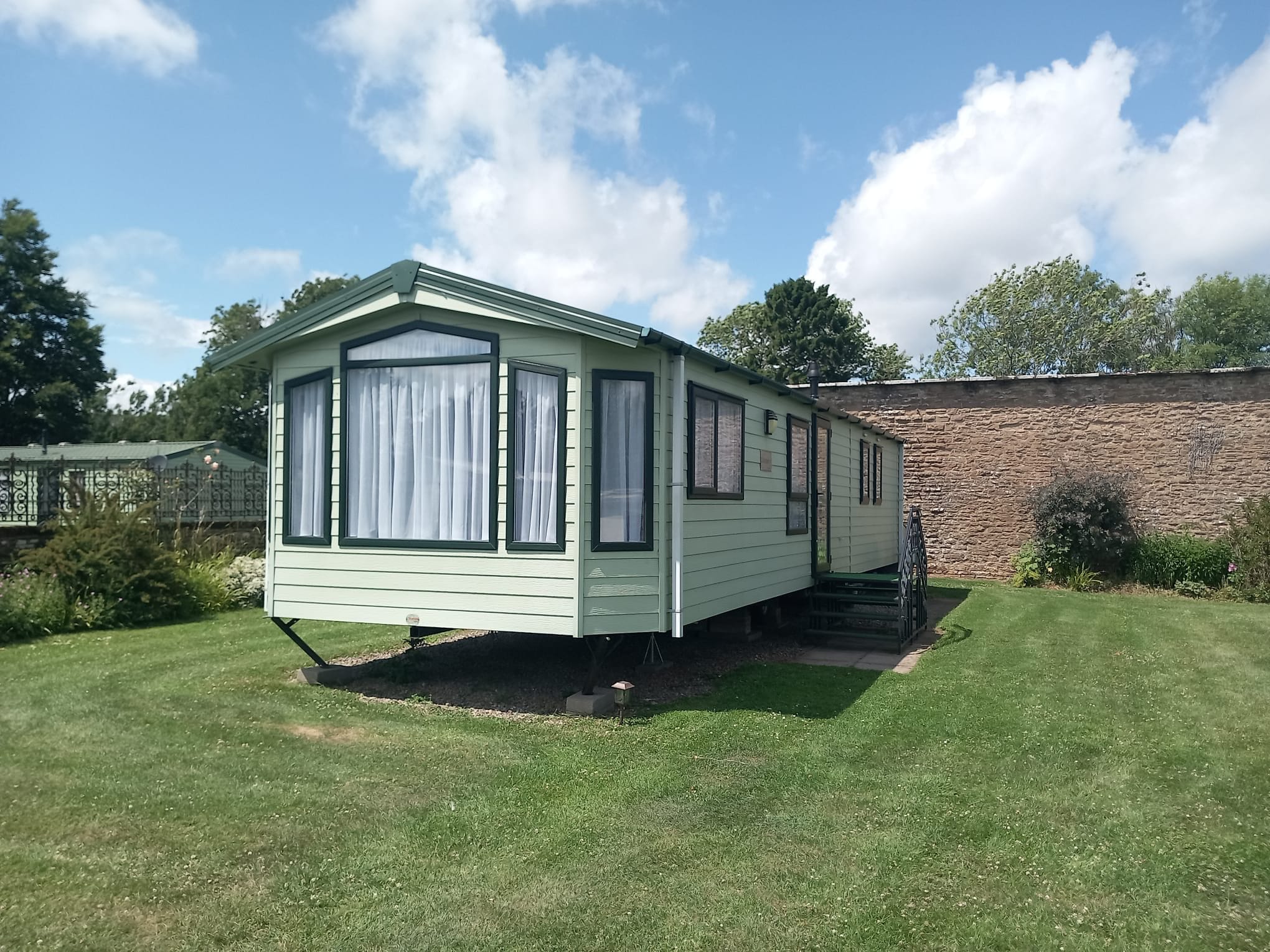Where to enjoy Christmas afternoon tea in historic Cotswold hotels
Discover magical Christmas afternoon tea experiences in historic Cotswold hotels with festive menus and centuries-old charm.
Where to book Christmas afternoon tea in the Cotswolds
Discover magical Christmas afternoon tea venues across the Cotswolds with seasonal treats and festive charm.
Where to find traditional Christmas dinners near Leominster
Find perfect Christmas dinner venues in Leominster – from traditional pubs to elegant countryside hotels with festive menus.
Where to attend Christmas craft fairs near Pershore
Discover magical Christmas craft fairs near Pershore featuring local artisans, handmade gifts, and festive atmosphere perfect for holiday shopping.
Where to find vintage Christmas markets in the Cotswolds
Explore charming vintage Christmas markets across the Cotswolds featuring traditional crafts, local artisans, and authentic holiday magic near Worcestershire.
Where to see the best Christmas lights in the Cotswolds
Discover magical Christmas lights across charming Cotswolds villages, from Bourton-on-the-Water to Broadway, with perfect festive touring routes.
What are the most magical Christmas light trails near Leominster?
Discover magical Christmas light trails near Leominster, from historic Hanbury Hall to dramatic Witley Court – perfect festive family adventures await.
How to plan a Christmas lights tour around Herefordshire
Discover Herefordshire’s magical Christmas lights displays with strategic route planning tips and festive family traditions.
What Christmas markets are within driving distance of Worcestershire?
Discover magical Christmas markets within easy driving distance of Worcestershire, from intimate local fayres to Birmingham’s famous German market.
Holiday Homes and Park Homes

1:19

1:17

1:26

1:25

1:20

